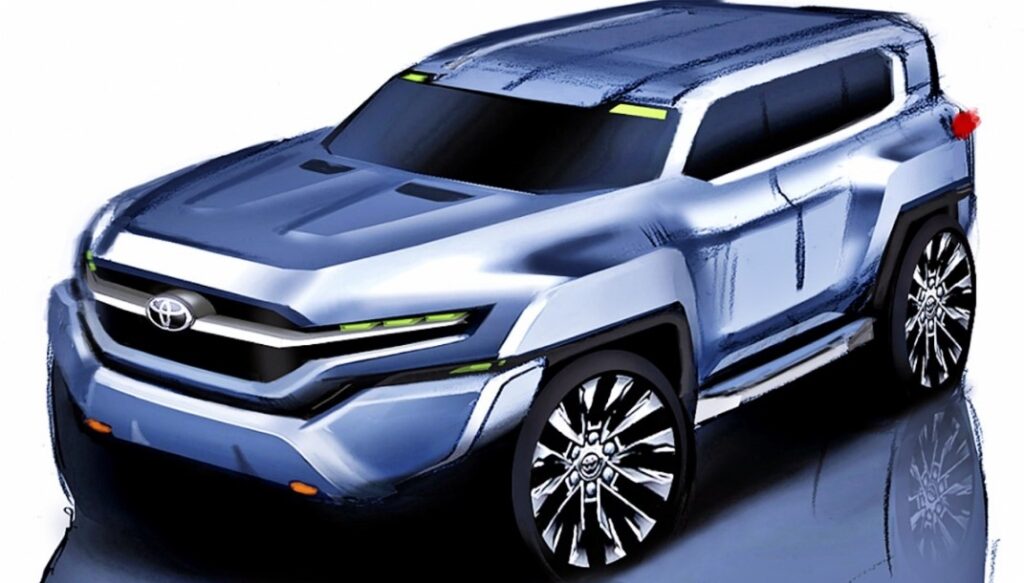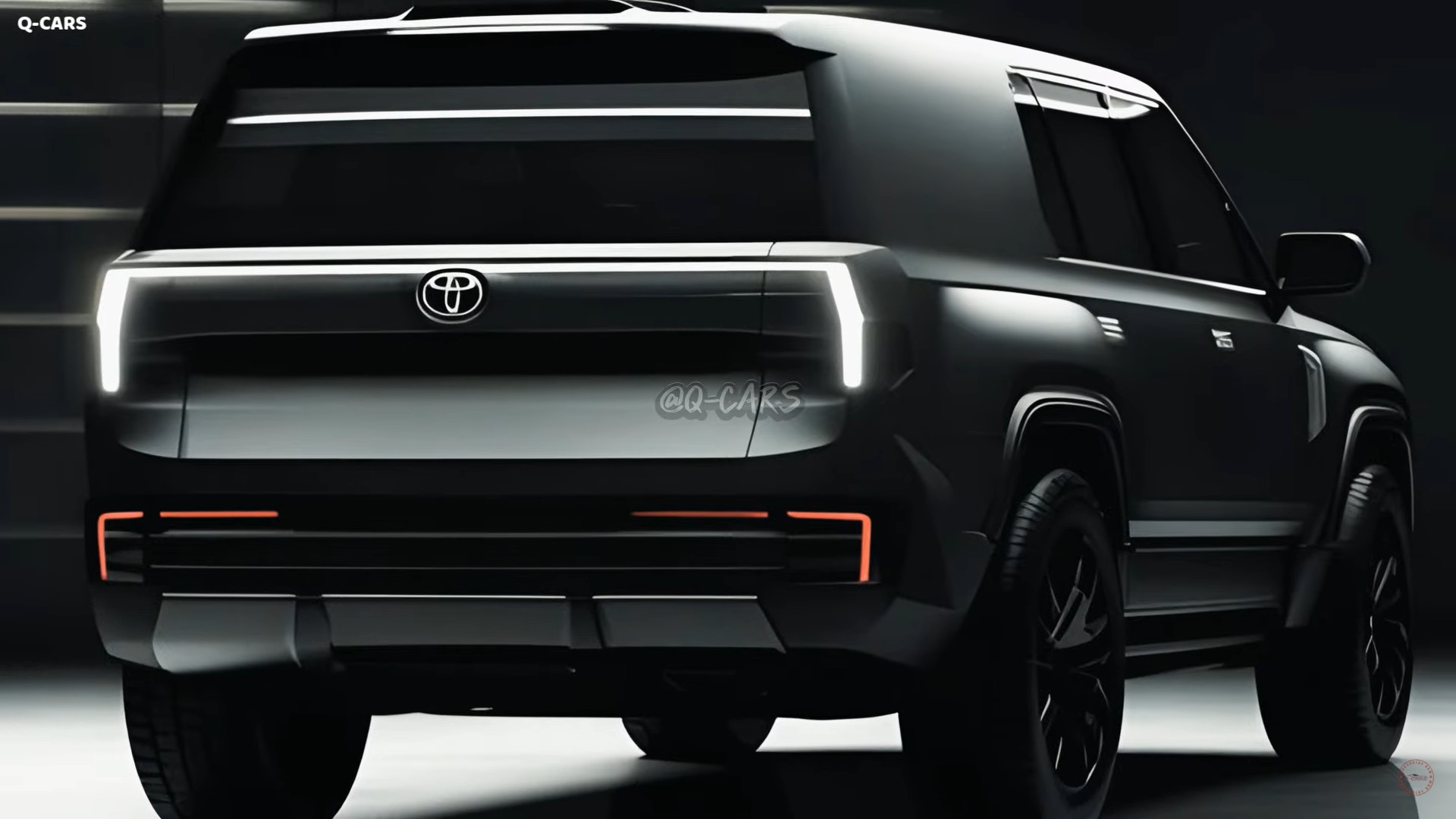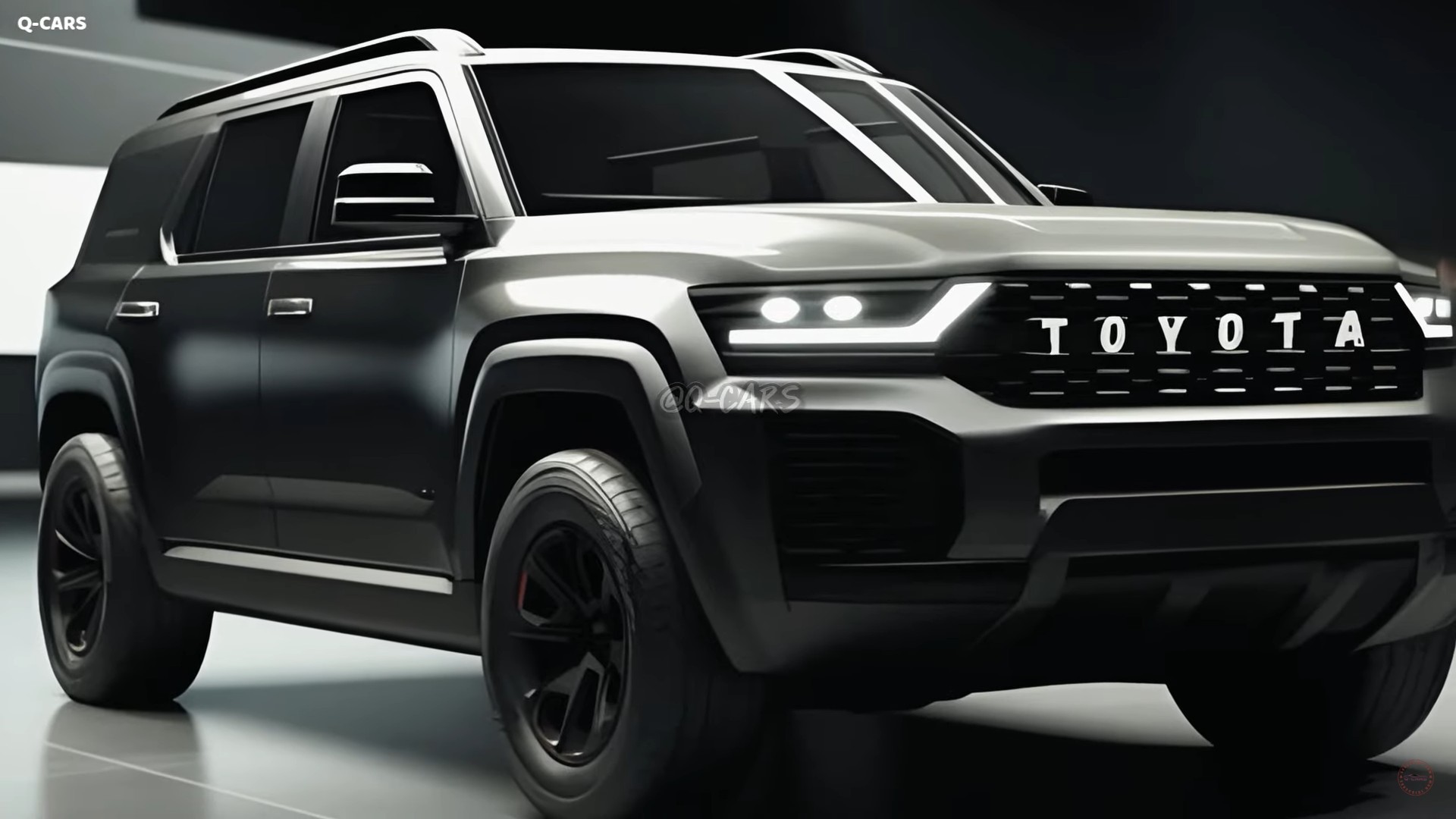The 2025 Toyota 4Runner Hybrid: Fuel Efficiency In A Rugged Package
The 2025 Toyota 4Runner Hybrid: Fuel Efficiency in a Rugged Package
Related Articles: The 2025 Toyota 4Runner Hybrid: Fuel Efficiency in a Rugged Package
Introduction
With enthusiasm, let’s navigate through the intriguing topic related to The 2025 Toyota 4Runner Hybrid: Fuel Efficiency in a Rugged Package. Let’s weave interesting information and offer fresh perspectives to the readers.
Table of Content
The 2025 Toyota 4Runner Hybrid: Fuel Efficiency in a Rugged Package

The Toyota 4Runner, a stalwart of the off-roading world, is known for its ruggedness and capability. While its gas-guzzling nature has been a point of contention for some, Toyota is set to address this with the introduction of a hybrid variant in 2025. While official fuel economy figures remain under wraps, industry analysts and experts predict a significant improvement in fuel efficiency compared to the current gasoline-only 4Runner. This anticipated boost in fuel economy will likely be a major selling point for the 2025 model, attracting a wider range of buyers seeking a balance between off-road prowess and fuel efficiency.
Understanding the Hybrid Advantage
Hybrid technology combines a traditional gasoline engine with an electric motor and a battery pack. This combination allows the vehicle to operate in various modes, including purely electric, purely gasoline, or a combination of both. This flexibility enables the vehicle to achieve greater fuel efficiency by optimizing power delivery and utilizing regenerative braking to recharge the battery.
Factors Influencing the 2025 4Runner Hybrid’s Fuel Economy
Several factors will contribute to the 2025 Toyota 4Runner hybrid’s anticipated fuel economy improvements. These include:
- Engine and Electric Motor Configuration: The specific engine and electric motor combination chosen by Toyota will play a crucial role. A powerful yet efficient gasoline engine coupled with a robust electric motor will maximize the hybrid system’s potential.
- Battery Capacity: A larger battery capacity will enable the 4Runner hybrid to operate in electric mode for longer periods, further enhancing fuel efficiency.
- Hybrid System Integration: The seamless integration of the gasoline engine, electric motor, and battery pack is crucial for optimal performance and fuel economy.
- Aerodynamics and Weight Optimization: While the 4Runner is known for its boxy design, Toyota might implement aerodynamic improvements and weight reduction measures to minimize fuel consumption.
- Driving Habits: The driver’s driving habits significantly impact fuel economy. Smooth acceleration, avoiding unnecessary braking, and maintaining optimal tire pressure can further enhance fuel efficiency.
Expected MPG Improvement
While exact figures are not yet available, experts predict a substantial increase in fuel economy for the 2025 Toyota 4Runner hybrid. Compared to the current model’s estimated 16 city/19 highway/17 combined mpg, the hybrid variant could achieve a significant improvement, potentially reaching around 25 city/30 highway/27 combined mpg or even higher. This anticipated increase in fuel efficiency could result in significant savings for owners, reducing fuel costs and environmental impact.
The Importance of Fuel Efficiency
The 2025 Toyota 4Runner hybrid’s anticipated fuel economy improvement is significant for several reasons:
- Reduced Fuel Costs: Lower fuel consumption translates to substantial savings for owners, especially in the long run.
- Environmental Impact: Improved fuel economy means reduced carbon emissions, contributing to a cleaner and healthier environment.
- Increased Market Appeal: The hybrid variant will attract a wider range of buyers, including those seeking a balance between off-road capability and fuel efficiency.
- Technological Advancement: The introduction of a hybrid 4Runner showcases Toyota’s commitment to developing innovative and sustainable vehicles.
FAQs
Q: When will the 2025 Toyota 4Runner hybrid be released?
A: While an official release date has not been announced, Toyota is expected to unveil the 2025 4Runner hybrid sometime in 2024, with production and sales commencing in early 2025.
Q: Will the 2025 Toyota 4Runner hybrid be as capable off-road as the gasoline-only model?
A: Toyota is committed to maintaining the 4Runner’s renowned off-road capabilities. The hybrid system is expected to enhance performance in certain situations, such as low-speed crawling, by providing additional torque.
Q: What will the starting price of the 2025 Toyota 4Runner hybrid be?
A: The price is yet to be confirmed, but it is expected to be slightly higher than the current gasoline-only 4Runner, reflecting the added cost of the hybrid technology.
Q: Will the 2025 Toyota 4Runner hybrid offer different trim levels?
A: Toyota is likely to offer the 2025 4Runner hybrid in various trim levels, providing buyers with a range of options to suit their needs and budget.
Tips
- Consider the Hybrid Option: If you are in the market for a 2025 Toyota 4Runner, seriously consider the hybrid variant for its potential fuel efficiency benefits.
- Drive Efficiently: Practice fuel-efficient driving habits, such as smooth acceleration, coasting when possible, and maintaining optimal tire pressure.
- Explore Incentives: Check for any government or local incentives that might be available for purchasing a hybrid vehicle.
Conclusion
The 2025 Toyota 4Runner hybrid promises to be a game-changer for the iconic off-roader. By combining the 4Runner’s rugged capabilities with the efficiency of hybrid technology, Toyota is poised to deliver a vehicle that appeals to a wider audience. The anticipated fuel economy improvements will not only reduce fuel costs for owners but also contribute to a cleaner environment. With its expected release in 2025, the 4Runner hybrid is set to redefine the off-roading experience, offering a powerful and efficient choice for adventure seekers.








Closure
Thus, we hope this article has provided valuable insights into The 2025 Toyota 4Runner Hybrid: Fuel Efficiency in a Rugged Package. We appreciate your attention to our article. See you in our next article!